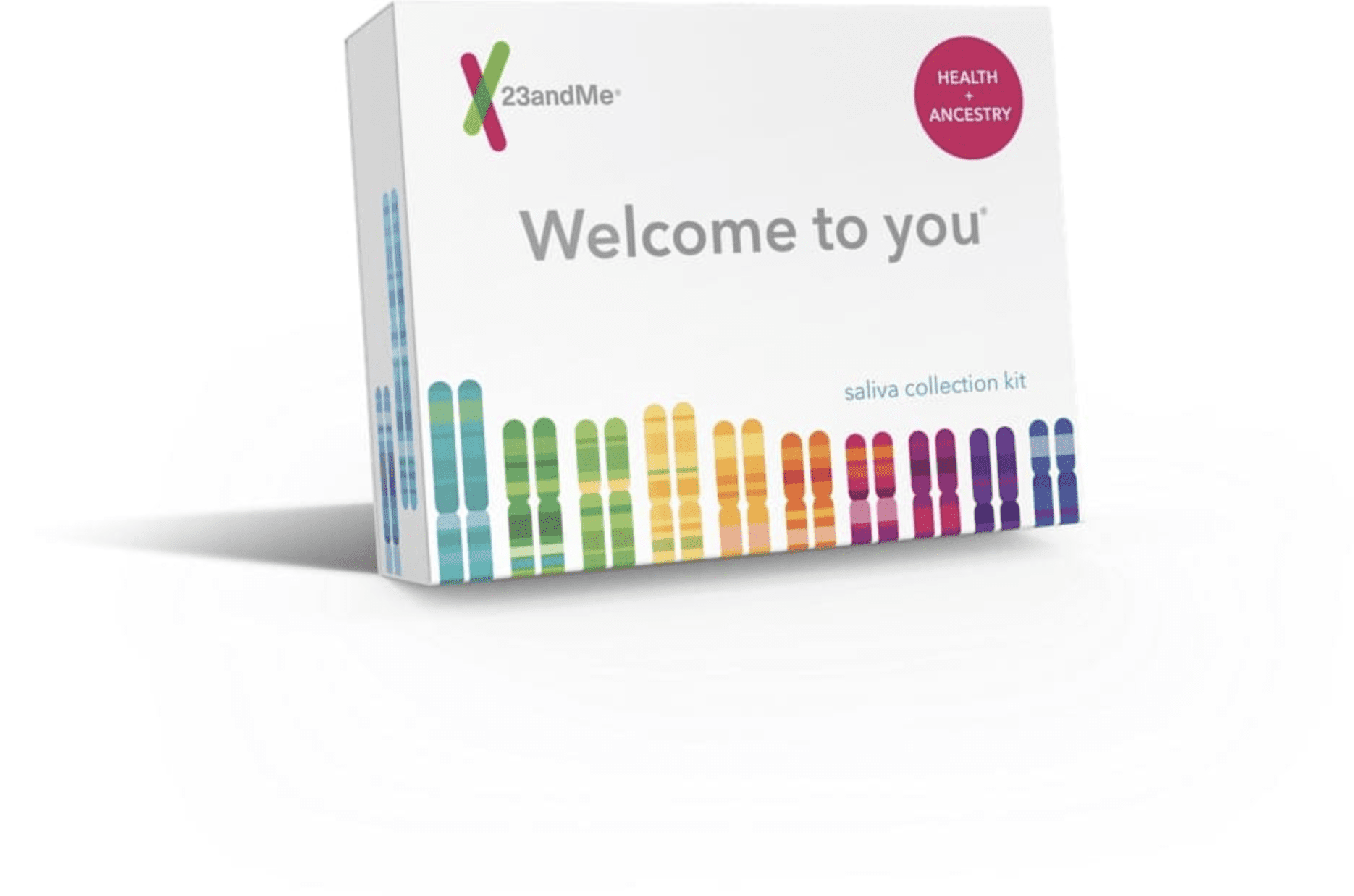Let's talk aboutLeigh Syndrome, French Canadian Type
What is Leigh syndrome, French Canadian type?
Leigh syndrome, French Canadian disorder (LSFC) is a rare genetic disorder. It is characterized by life-threatening periods of lactic acid buildup and brain injury, as well as failure to gain weight. A person must have two variants in the LRPPRC gene in order to have this condition. People with just one variant in the LRPPRC gene are called carriers. They’re not expected to have LFSC themselves, but they could pass their variant on to their future children.
The genetics behind LSFC
LSFC is caused by variants (differences) in the LRPPRC gene. The LRPPRC gene contains instructions for making a protein that helps the mitochondria inside our cells generate energy. Certain variants in LRPPRC prevent the protein from working properly.
What are the symptoms of LSFC?
Symptoms of LSFC include a buildup of lactic acid in the body, episodes of brain injury, failure to gain weight, poor muscle control and muscle spasms, and distinctive facial features. Symptoms of LSFC typically develop during infancy, and most people with LSFC don’t survive past early childhood.
Did you know?
LFSC is most common in people of French Canadian descent, particularly from the Saguenay-Lac-Saint-Jean region of Quebec.
Explore More
The 23andMe Leigh Syndrome, French Canadian Type Carrier Status report* can tell you whether you may be a carrier for LFSC. Being a carrier means you have a genetic variant that you could pass down to your future children. 23andMe tests for one variant in the LRPPRC gene linked to LFSC, and the report is most relevant for people of French Canadian descent. 23andMe does not test for all possible genetic variants linked to LFSC, and individuals who have zero variants detected still have a chance of being a carrier for LFSC.
The Leigh Syndrome, French Canadian Type Carrier Status report is included in the 23andMe Health + Ancestry Service.

Health + Ancestry Service
*The 23andMe PGS test uses qualitative genotyping to detect select clinically relevant variants in the genomic DNA of adults for the purpose of reporting carrier status and reporting and interpreting genetic health risks. The relevance of each report may vary based on ethnicity. Our carrier status reports can be used to determine carrier status, but cannot determine if you have two copies of any genetic variant. These carrier reports are not intended to tell you anything about your risk for developing a disease in the future or anything about the health of your fetus, or your newborn child’s risk of developing a particular disease later in life. For certain conditions, we provide a single report that includes information on both carrier status and genetic health risk. The Leigh Syndrome, French Canadian Type Carrier Status report is indicated for the detection of 1 variant in the LRPPRC gene and is most relevant for people of French Canadian descent.
References